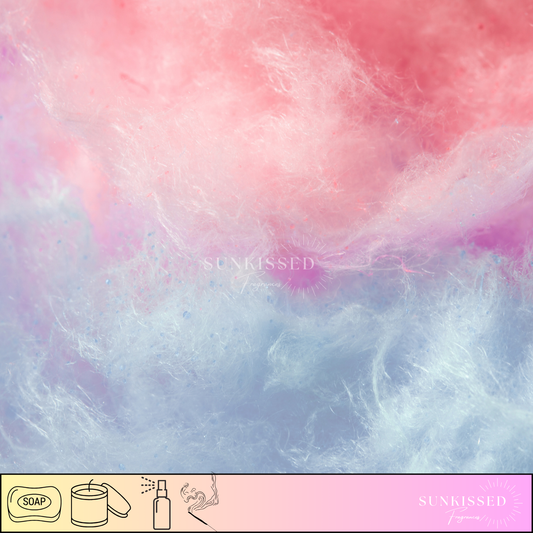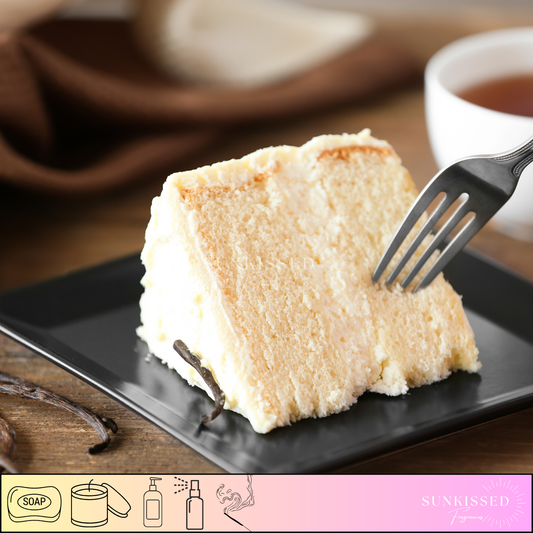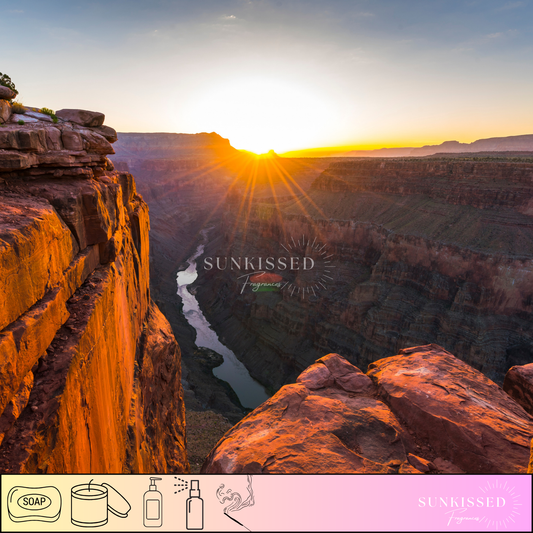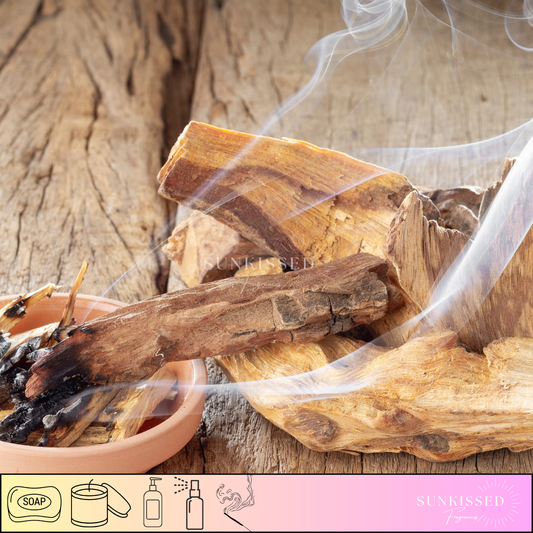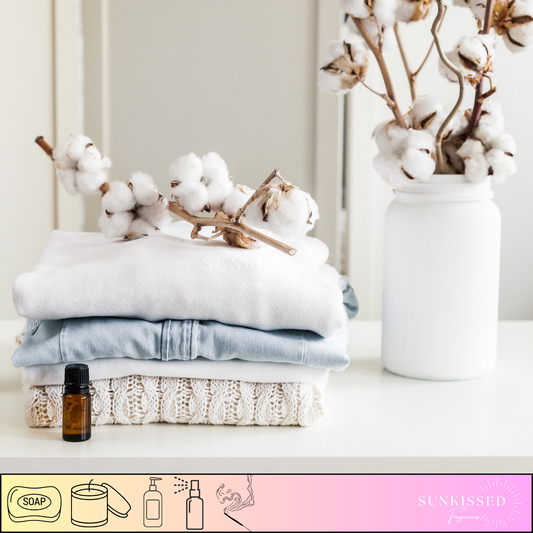
🛡️ Do You Really Need Business Insurance for a Handmade Business?
Estimated Read Time: 10–12 minutes
If you’re running a handmade business—whether you sell candles, soaps, bath bombs, or home decor—there’s a good chance you’ve asked yourself:
“Do I really need business insurance?”
It’s a question a lot of makers wrestle with. After all, you might be working out of your kitchen or studio, selling a few batches at a time. But here’s the truth: insurance isn’t just for big businesses. It’s for anyone who wants to protect what they’re building.
In this blog, we’ll break down:
-
What business insurance actually covers
-
Common risks handmade businesses face
-
What kinds of insurance you might need
-
Real examples of insurance in action
-
How much coverage costs (it’s less than you think)
-
When to get it—and why you shouldn’t wait
💡 Why Insurance Matters (Even for Small Makers)
Many small business owners believe insurance is something they’ll look into “when they grow.” But risk doesn’t wait until you scale.
A customer could slip and fall at your market booth.
A fragrance oil could trigger an allergic reaction.
A faulty lid could lead to a damaged countertop—or worse.
According to The Hartford:
43% of small businesses have faced or been threatened with a lawsuit.
And product-based businesses—especially in beauty, body care, or home fragrance—carry a higher risk than most. One claim can cost thousands. Even if it’s not your fault.
⚠️ Real Risks Handmade Sellers Face
If you sell online, ship products, or attend in-person markets, here are just a few situations where insurance could protect you:
-
A candle causes a fire, and the customer blames you.
-
A bath soak irritates someone’s skin.
-
Your booth display falls and injures a passerby.
-
A customer claims your product damaged their property.
-
Your inventory is stolen from your home or car.
-
Your website is hacked and customer data is exposed.
Even if you never make a mistake, someone else can claim you did. Business insurance can help cover the legal fees, replacement costs, and stress.
🧾 Types of Insurance Handmade Businesses Should Know About
Let’s break down what kind of coverage might apply to your business:
-
General Liability Insurance
-
Covers third-party injuries or property damage
-
Required by most markets, pop-ups, and commercial landlords
-
Example: Someone trips over your table setup
-
-
Product Liability Insurance
-
Covers harm caused by your products
-
Important if you sell anything that touches skin, is ingested, or is burned
-
Example: A lotion causes a rash or allergic reaction
-
-
Commercial Property Insurance
-
Covers damage to your workspace, equipment, or materials
-
Even home-based businesses can use this
-
Example: Fire or theft in your home office
-
-
Inland Marine Insurance
-
Covers goods while in transit or at shows
-
Great for businesses that ship a lot or travel to events
-
Example: Your bins of candles get damaged en route to a market
-
-
Cyber Liability Insurance
-
Covers digital risks like data breaches or cyberattacks
-
Useful if you accept credit cards or store customer info
-
Example: A hacked website exposes customer emails and passwords
-
-
Business Owner’s Policy (BOP)
-
A bundled plan that often includes general liability + property
-
Cost-effective for small businesses
-
-
Event Insurance
-
Coverage for specific short-term events
-
Often required by event organizers
-
Example: You need $1M in coverage for a weekend craft fair
-
💰 How Much Does Business Insurance Cost?
Here are average monthly costs for small product-based businesses:
-
General Liability: $25–$60/month
-
Product Liability (standalone or bundled): $30–$100/month
-
Event Insurance: $49–$99/event
-
Business Owner’s Policy (BOP): $50–$115/month
Costs depend on your product type, annual revenue, location, and coverage level. But most handmade businesses can get solid coverage for under $100/month.
📅 When to Get Insurance
The best time to get coverage is before you need it. Here’s when you should consider applying:
-
Before attending your first market or craft fair
-
When launching your own website
-
If you're scaling production or outsourcing fulfillment
-
When you begin offering wholesale
-
As soon as your products go into people’s homes, on their bodies, or in the air
Don’t wait for your business to “get big.” Legal risks don’t care about your revenue level.
🤔 What Happens If You Don’t Have Insurance?
Without coverage, you may have to pay for:
-
Legal defense fees (even for false claims)
-
Medical bills if someone is hurt
-
Property damage replacements
-
Refunds or settlements
-
Lost inventory due to theft or accidents
And if you can’t pay? It could bankrupt or shut down your business.
🔍 Where to Get Business Insurance as a Maker
Many handmade sellers use one of the following:
-
The Hartford
-
Next Insurance
-
Thimble (great for short-term or event-only insurance)
-
Hiscox
-
State Farm or your local insurance provider
Look for insurers who understand product-based businesses and don’t charge for unnecessary extras.
✅ Final Thoughts
You don’t have to be making six figures to take your business seriously. Business insurance is one of the most affordable, high-impact ways to protect yourself as a maker.
It helps you:
-
Say yes to bigger opportunities (like retail or events)
-
Sleep better knowing you’re protected
-
Build trust with stockists, customers, and collaborators
Whether you’re just starting out or already scaling up, don’t skip this step.
Because if your business is worth building—it’s worth protecting.
📌 Tags:
Business Insurance for Makers, Handmade Business Risk, Product Liability Insurance, Shopify Seller Protection, Craft Fair Vendor Insurance
📣 Disclaimer:
This blog post is for educational and informational purposes only. It is based on our experience running a business and is not intended to provide legal, financial, tax, or professional advice. Always do your own due diligence and consult with a qualified professional before making business decisions related to coaching, consulting, or strategic planning.




